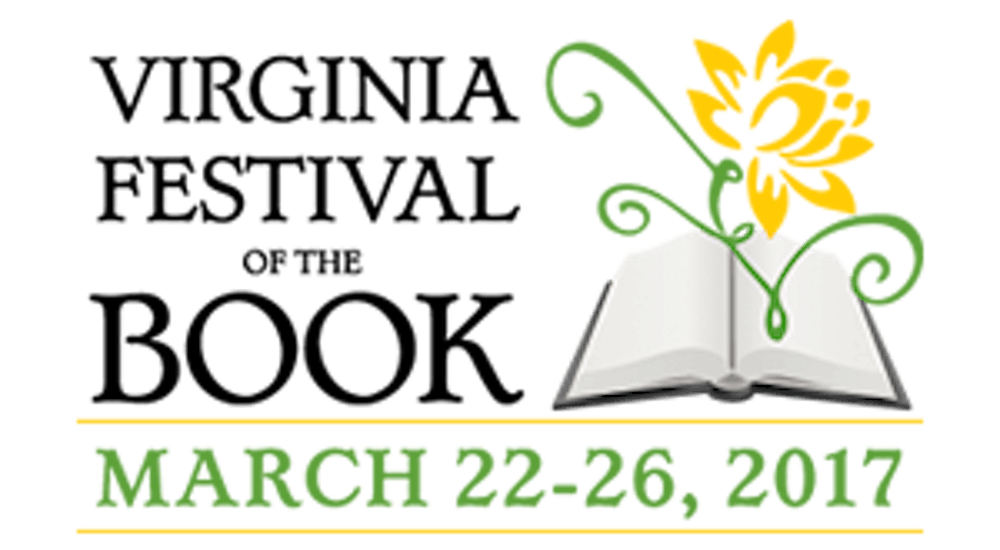The University hosted “Women Making History: Who Gets to Write Which Stories?” Thursday in the Albert and Shirley Small Special Collections Library as part of the Virginia Festival of the Book. The panel featured four authors — Susan Southard, Catherine Clinton, Dava Sobel and Claudrena Harold — whose books focus on telling lost or forgotten stories of women.
The panel primarily sought to discuss an article published in Slate that found over 75 percent of historical titles have male authors — a staggering deficit for female authors to overcome. This fact begs the question — is history predominately written about men, by men?
“Women Making History” sought to address this question and examine challenges female historians face in getting published, as well as challenges associated with telling women’s stories.
One of the panelists asserted that women are vastly underrepresented in historical texts and movies — recalling a publisher’s confusion when asked how many female historians were cited as contributor or author to a then unpublished textbook.
Another panelist pointed out that the “new releases” section at Barnes & Noble is filled with male authors writing about traditionally male topics.
“Voices of women were being erased in the narrative,” Clinton said.
The panel discussion ultimately supported the data published by “Slate.” The literary content of female historians is less frequently published, and the panelists cited firsthand experience with implicit sexism in their field.
Corinne Field, panel moderator and Asst. Prof of Women, Gender and Sexuality, discussed how women traditionally write and study literature while men write and study history.
Assoc. History Prof. Claudrena Harold implied that while the gender gap is improving, men still dominate in studying the topic of European history, while women usually focus on “fringe” topics like Latin-American history or African-American studies.
In addition to the gender-gap found among published historians, there exists a content gap as well. Sobel’s work “The Glass Universe” focuses on the intersection of science and history and tells the story of female astronomers at a then male-dominated Harvard.
Sobel described her shock when learning that female astronomers at Harvard were largely unknown, and “how few people at Harvard knew about the women who had worked there since the 1800s.”
“Women Making History” illuminated sexism in response to women authors and female-driven content still found in the literary world today. All four panelists provided personal experiences that exemplify sexist treatment, but each also commented on their continued hope for equality in the field of history in the future.





